Antibiotic exposure shows potential protective effects against Parkinson's, while antifungal use is linked to increased risk, indicating microbiome involvement.
By Vijay Kumar MalesuReviewed by Lily Ramsey, LLMOct 28 2024 Large study reveals surprising links between common antibiotics, antifungal treatments, and Parkinson’s risk—could certain medications offer protection?
Research shows that aggregated alpha-synuclein can propagate from the gut to the brain via the vagus nerve, triggering inflammation and neuronal loss. Recent studies suggest that antimicrobial use alters gut microbiome diversity, potentially increasing PD risk. In the UK, antibiotics are exclusively available through prescriptions, enhancing the reliability of the data for drug safety research. The study received approval from both the Rutgers Institutional Review Board and the CPRD Independent Scientific Advisory Committee.
Study results The study included 12,557 PD cases and 80,804 matched control subjects. The median follow-up time was 26.0 years 17.4-40.4) for PD cases and 25.3 years for controls. Similarly, the OR was 0.84 for 6-10 years prior and 0.87 for 11-15 years prior. The number of macrolide courses also showed an inverse association with PD risk during the 1-5 year exposure period, though this was not statistically significant .
Antifungal Brain Dysbiosis Genetic Inflammation Microbiome Nerve Parkinson's Disease Penicillin
United Kingdom Latest News, United Kingdom Headlines
Similar News:You can also read news stories similar to this one that we have collected from other news sources.
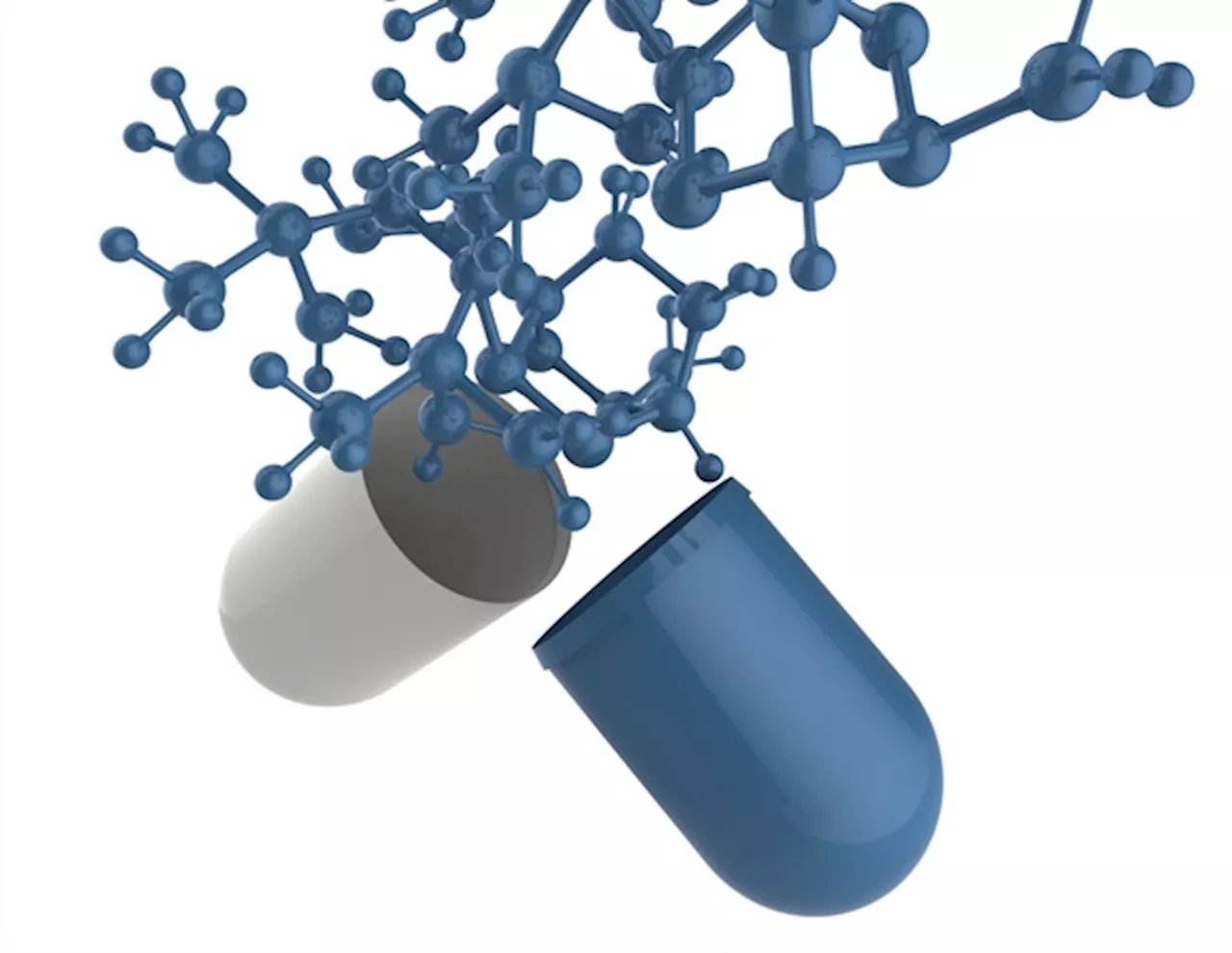 New X-ray technique reveals metal ion role in antibiotic efficacyResearchers from City St George's, University of London have used a new ultra-high precision x-ray scattering technique to unveil the location and identity of metal ions in bacteria that are crucial for antibiotics to work optimally.
New X-ray technique reveals metal ion role in antibiotic efficacyResearchers from City St George's, University of London have used a new ultra-high precision x-ray scattering technique to unveil the location and identity of metal ions in bacteria that are crucial for antibiotics to work optimally.
Read more »
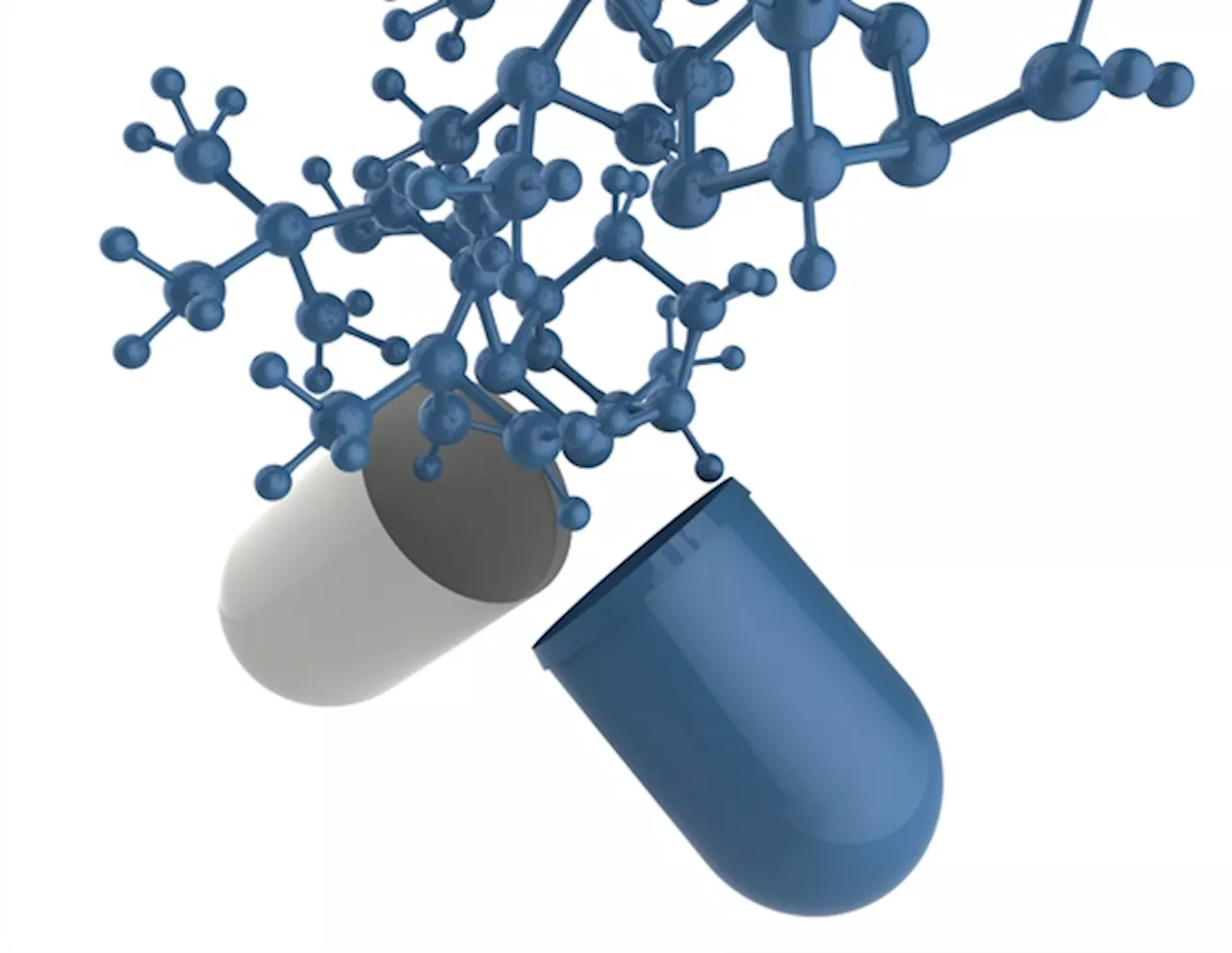 Study reveals how bacterial selfishness affects antibiotic resistance strategiesAs strains of pathogens resistant to frontline antibiotics become more common worldwide, clinicians are more often turning to combination treatments that degrade this resistance as a first treatment option.
Study reveals how bacterial selfishness affects antibiotic resistance strategiesAs strains of pathogens resistant to frontline antibiotics become more common worldwide, clinicians are more often turning to combination treatments that degrade this resistance as a first treatment option.
Read more »
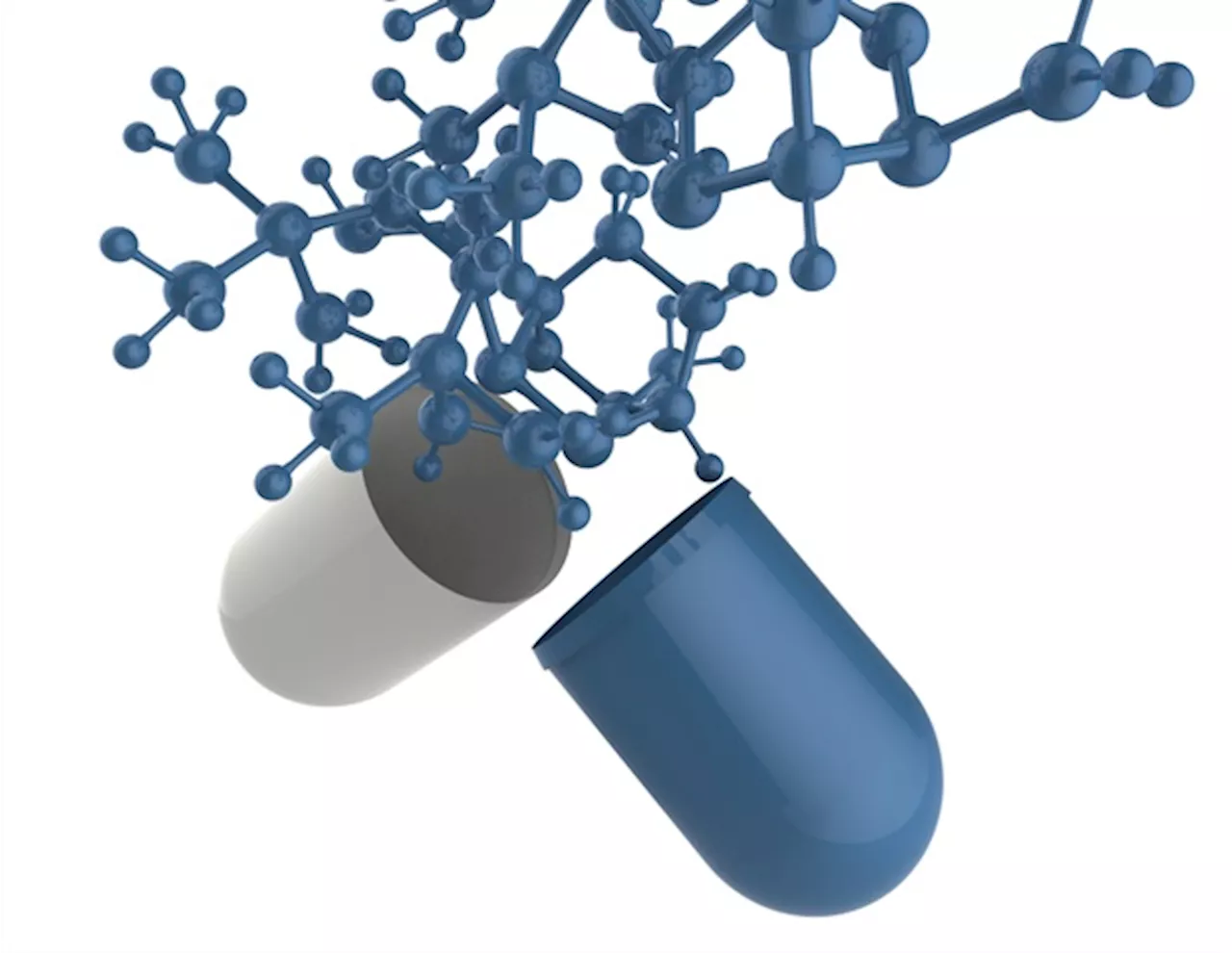 UF Health scientists receive major grant to combat antibiotic-resistant bacteriaUniversity of Florida Health scientists exploring how combinations of antibiotics can fight resistant bacteria have been awarded an $11.8 million grant for work that could help save the tens of thousands of lives lost yearly to infections that are increasingly plaguing humanity.
UF Health scientists receive major grant to combat antibiotic-resistant bacteriaUniversity of Florida Health scientists exploring how combinations of antibiotics can fight resistant bacteria have been awarded an $11.8 million grant for work that could help save the tens of thousands of lives lost yearly to infections that are increasingly plaguing humanity.
Read more »
 UZH researchers harness AI to detect antibiotic resistanceResearchers at the University of Zurich (UZH) have used artificial intelligence (AI) to help identify antibiotic-resistant bacteria.
UZH researchers harness AI to detect antibiotic resistanceResearchers at the University of Zurich (UZH) have used artificial intelligence (AI) to help identify antibiotic-resistant bacteria.
Read more »
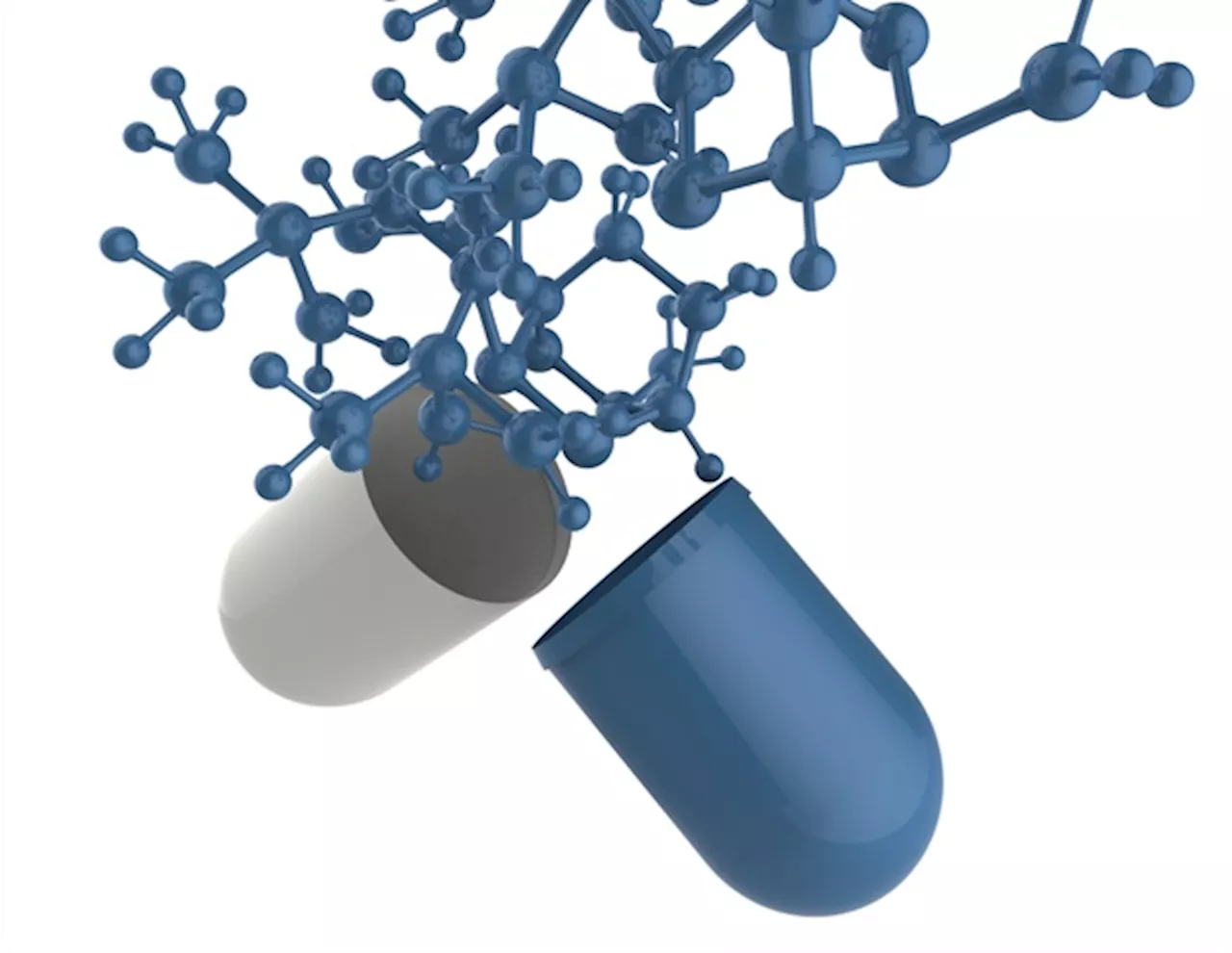 EURESTOP network aims to tackle antibiotic resistance crisisThere is compelling evidence that bacteria, parasites, viruses, and fungi are developing resistance to antimicrobials. As a result, infections in humans, animals, and plants are becoming increasingly difficult, and in some cases impossible, to treat.
EURESTOP network aims to tackle antibiotic resistance crisisThere is compelling evidence that bacteria, parasites, viruses, and fungi are developing resistance to antimicrobials. As a result, infections in humans, animals, and plants are becoming increasingly difficult, and in some cases impossible, to treat.
Read more »
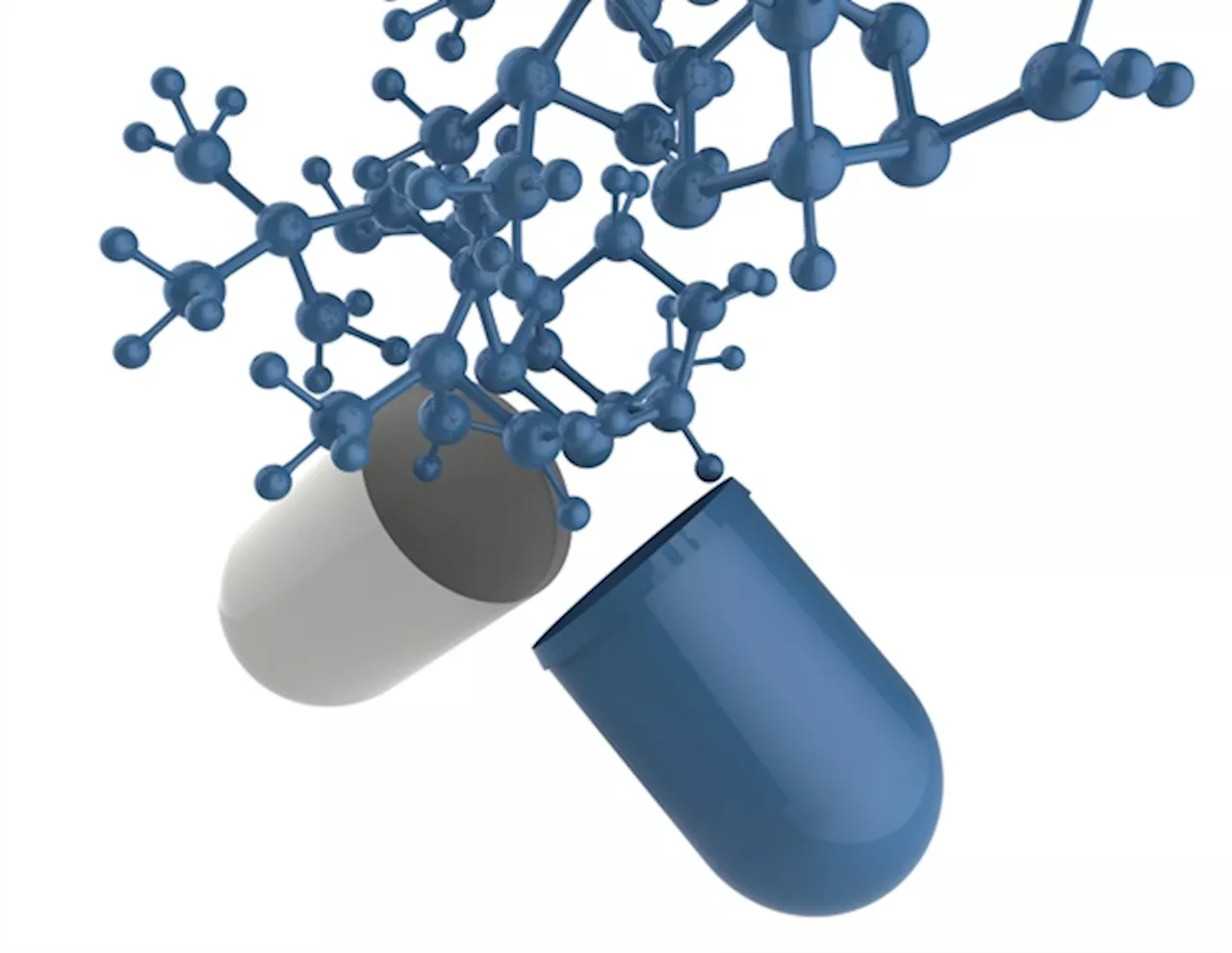 Antibiotic for liver disease linked to emergence of antimicrobial resistant superbugAn international team of researchers has found that an antibiotic commonly prescribed for patients with liver disease, called rifaximin, has led to the global emergence of an almost untreatable form of the antimicrobial resistant superbug vancomycin-resistant enterococcus faecium (VRE), which frequently causes serious infections in hospitalized...
Antibiotic for liver disease linked to emergence of antimicrobial resistant superbugAn international team of researchers has found that an antibiotic commonly prescribed for patients with liver disease, called rifaximin, has led to the global emergence of an almost untreatable form of the antimicrobial resistant superbug vancomycin-resistant enterococcus faecium (VRE), which frequently causes serious infections in hospitalized...
Read more »
